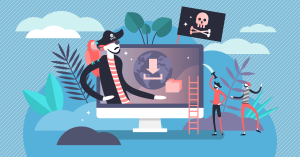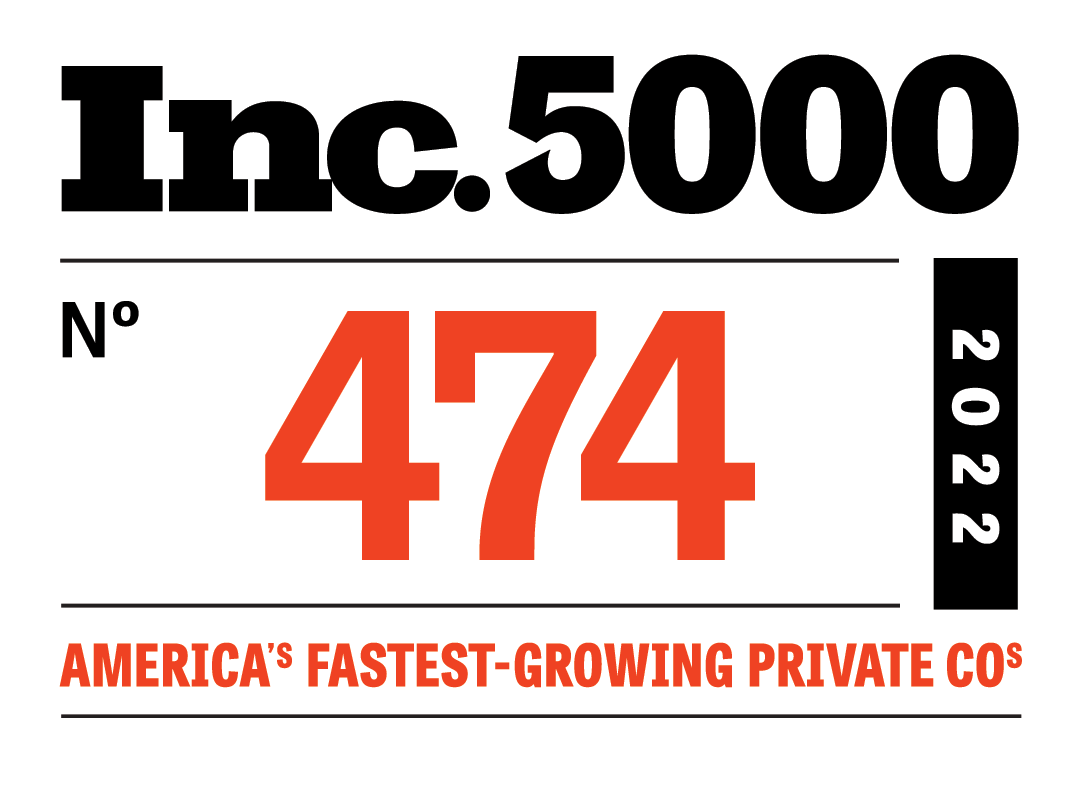The pandemic is contributing to the rapid spread of piracy: illegally copying commercial software. Within pirated copies is often rogue code, malware, which can harm computers and users' finances.
 Software companies are reporting that piracy has increased 20 to 30 percent due to COVID-19 and working from home, according to Ted Miracco, CEO of compliance and licensing management firm Cylynt.
Software companies are reporting that piracy has increased 20 to 30 percent due to COVID-19 and working from home, according to Ted Miracco, CEO of compliance and licensing management firm Cylynt.
Unlicensed software is increasingly risky and expensive for companies. Malware from unlicensed software cost companies worldwide nearly $359 billion a year. CIOs reported that avoiding data hacks and other security threats from malware was the reason for ensuring their networks were fully licensed.
"Software piracy and cyberattacks continue to escalate, and so far the government has done little to protect its own programs, let alone the private sector," Mirracco said. "Software companies need to take action and arm themselves with the best technological antipiracy solutions available to remain competitive and protect their assets."
Here's five consequences of pirated software:
- Remote work environments are creating a situation where hackers can breach an online fortress to seize a company's intellectual property.
- Work from home employees are making illegal copies of the software they need for their jobs.
- Unemployed citizens buy pirated software on the Internet to generate income
- The Internet and the wholesale move to cloud computing are not as secure as they could be.
- Software pirates and hackers are resourceful at hiding their identities and evading anti-piracy technologies.
The practice of pirating software has existed since the start of commercial software. Software piracy is so widespread that it exists in homes, schools, businesses, and government offices. The better protected your software, the more likely an attacker will move on to a less protected applications.
--
https://www.technewsworld.com/story/86826.html




